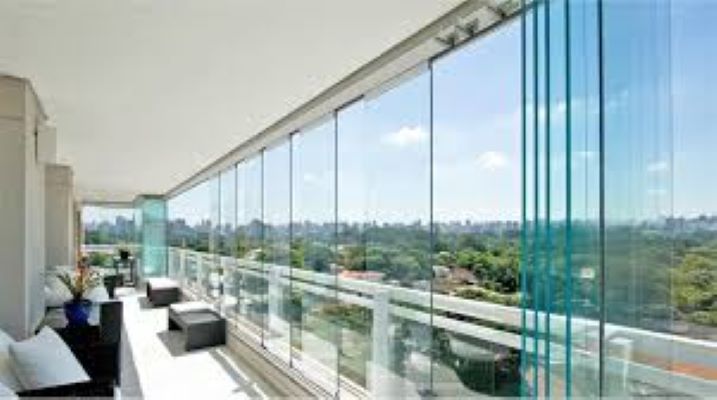Dinesh Chandra
For hotel and resort architecture and energy efficiency, fenestration glasses are essential. The selection of fenestration glasses become important because these places aim to create luxurious and cozy spaces. To improve aesthetic appeal, high-performance fenestration has a major impact on thermal comfort, acoustic insulation, and energy usage. Low-emissivity coatings and smart glass are examples of advanced glazing technologies that assist in managing interior temperature, lower HVAC costs, and guarantee visitor comfort. Also, by reducing their carbon impact, fenestration glasses can help hotels and resorts meet their sustainability targets. Therefore, to maximize operational effectiveness and visitor experience in these hospitality settings, it is critical to understand the critical elements influencing fenestration glass performance, such as thermal characteristics, solar control, and durability. Lets explore the four important aspects of dust protection, waterproofing, soundproofing, and material durability that affect the effectiveness and quality of fenestration glasses.
Dust Protection
In metropolitan locations where particulate pollution is a major concern, dust prevention is especially important. Several tactics are needed to effectively preserve fenestration glasses from dust:
Sealing and Gaskets: Dust cannot enter the interior spaces because of poor sealing and gaskets around the edges of the glass panes. Because of their flexibility and durability, materials like silicone, rubber, or specialty polymers are frequently utilized.
Electrostatic Coatings: By producing a surface charge that keeps dust from sticking to the glass, these coatings have the ability to repel dust particles. Also, these coatings facilitate and improve cleaning.
Waterproofing
Waterproofing plays a critical role in avoiding the infiltration of water, which can cause harm to the glass and the surrounding building. Important waterproofing components include:
Laminated Glass: Laminated glass is made up of two or more glass layers that are joined by a plastic interlayer, which offers strength enhancement and acts as a barrier against water infiltration.
Water-Resistant Coatings: The surface of fenestration glass can be coated with hydrophobic coatings to repel water, causing it to roll off in beads instead of seeping into the material.
Correct Installation: It is important to make sure that the installation procedure leaves no openings or weak points where water could seep in. This calls for exact glass panel fitment and careful sealant application.
Insulation against noise
For fenestration glasses, soundproofing is a must, particularly in noisy cities or next to busy roads. A number of design aspects are involved in soundproofing:
Double or Triple Glazing: Sound transmission is greatly reduced when two or three layers of glass are used, with an air or inert gas space between them. The holes in the air serve as sound-dampening buffers.
Laminated Acoustic Glass: This kind of glass has an interlayer put in place expressly to reduce sound. It lessens the transmission of noise by absorbing and dispersing sound energy.
Frame and Seal Quality: The frames and seals should enhance the glass’s ability to block sound. Overall sound insulation is improved by well-made, form-fitting frames composed of materials with good acoustic qualities, including thermally fractured aluminum or uPVC.
Durable Materials
For fenestration glasses to provide long-term functionality and safety, durability is crucial. Among the factors affecting durability are
Material Quality: Sturdy fenestration glasses are built on the base of premium raw materials. This involves choosing glass that has the correct qualities and composition to resist environmental stressors.
Tempered Glass: Also referred to as toughened glass, this type of glass is strengthened by heat treatment. It is less likely to break and, when it does, it breaks into little, blunt fragments rather than jagged shards, lessening the chance of harm.
UV-Resistant Coatings: Materials can deteriorate over time when exposed to UV radiation. Fenestration glass is coated with UV-resistant materials to prevent this deterioration, guaranteeing durability and preserving clarity.
Modern construction requires that fenestration glasses meet certain requirements, and include these essential elements—dust protection, waterproofing, soundproofing, and durable materials—into their design and installation guarantees that they do. Manufacturers and builders may produce fenestration solutions that offer comfort, safety, and efficiency by giving priority to these factors, thereby improving the overall quality of the built environment.
Dinesh Chandra is Founder, Shankar Fenestration Glasses
